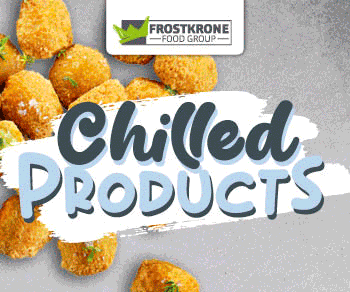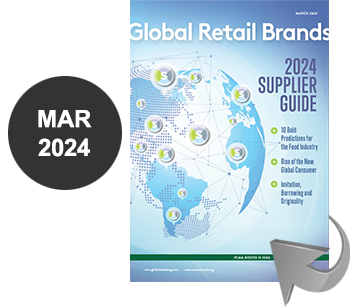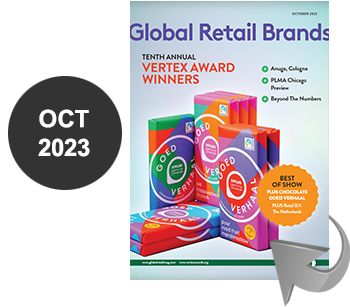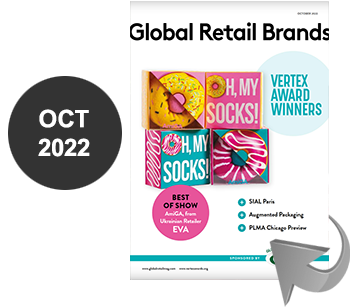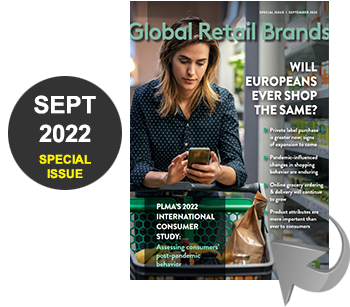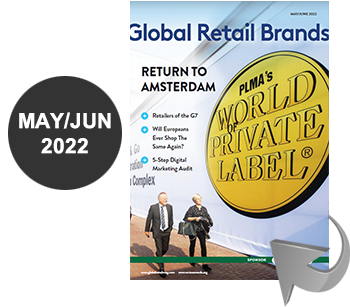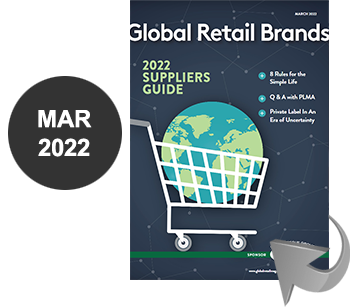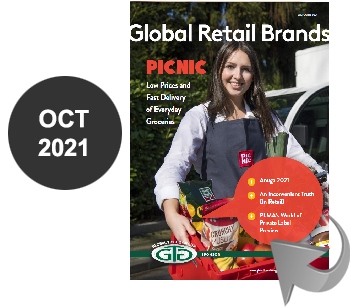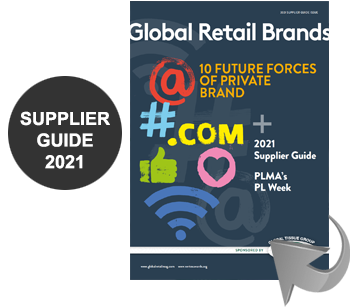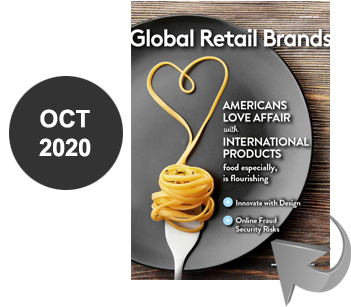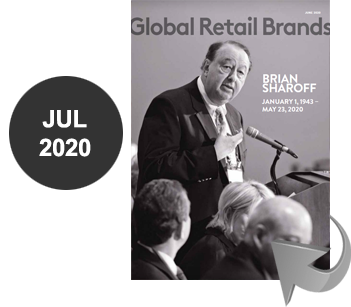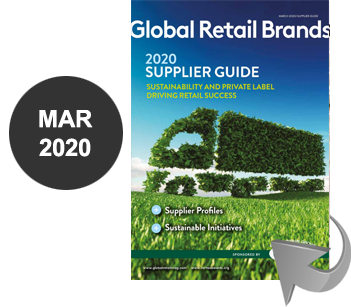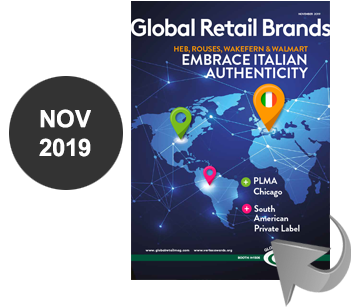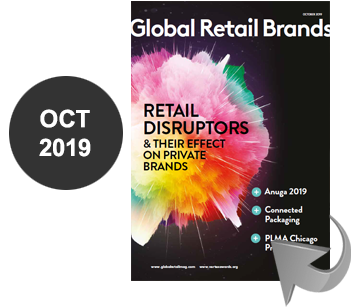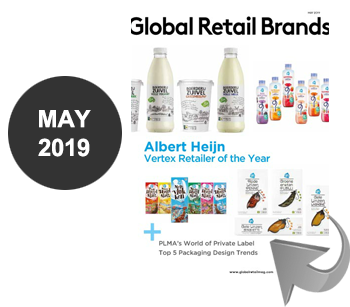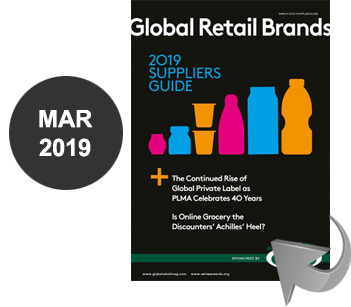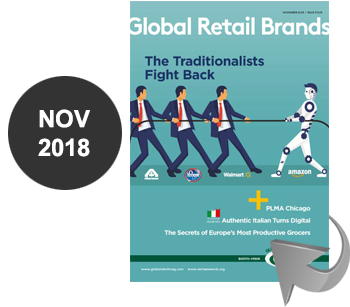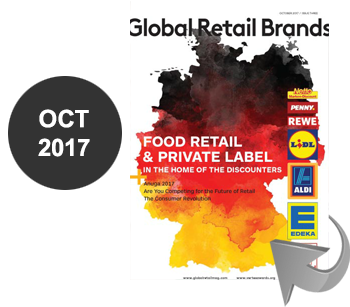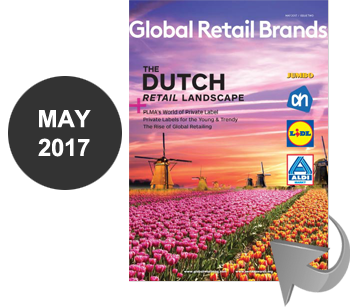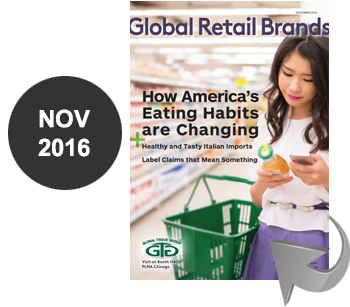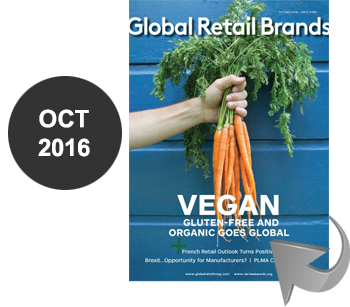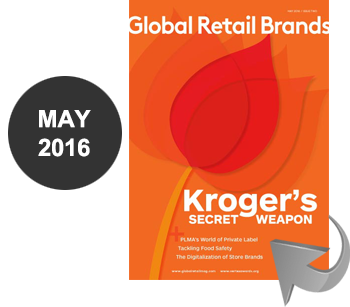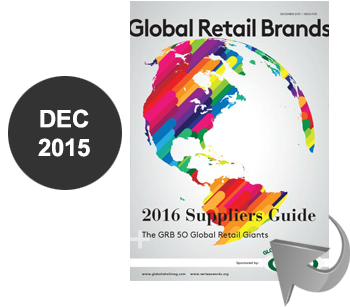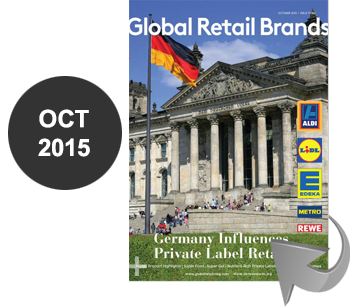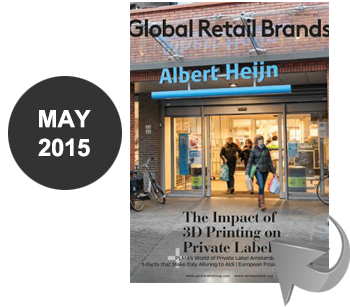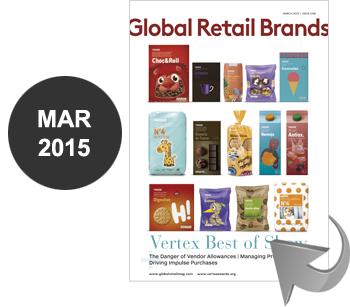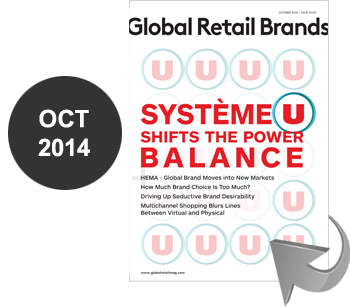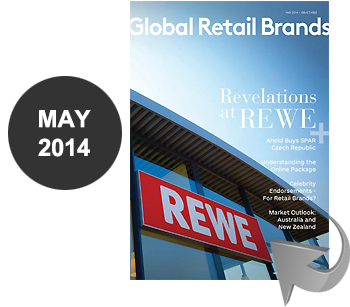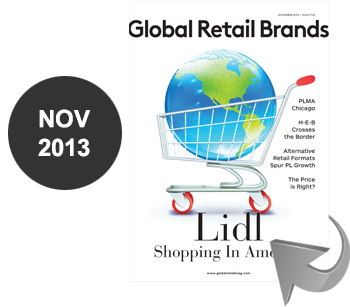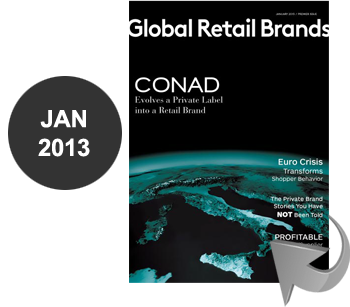By Cristina Lampert, Director Growth and Innovation, HowGood
As retailers globally look to reduce their carbon footprint, many of their own products offer the opportunity to make a significant impact. Revamping private label lines can provide the direct results needed to meet corporate sustainability goals. The endeavor is not always simple, but the emphasis here can provide retailers with high-quality products at a strong value that are also thoughtfully made.
At the center of the work required by retailers to make these changes to store brand products, is data. Identifying where the major greenhouse gas (ghg) emissions come from in a product line is an important first step. Many retailers are often surprised to find it’s not the packaging or transportation of the private label line, but the raw materials sourced that account for the most ghg emissions. Over 70% of a food product’s impact is derived from the land use required to grow the raw materials for production. What happens on-farm, such as the use of synthetic fertilizers, will have a further negative environmental impact for those individual ingredients. In order to revamp private label lines, an emphasis on upstream impact is necessary.
As grocery retailers look to improve their private label programs, the use of impact data is important for business functions both internally and externally.
Arm Internal Decision Makers with Upstream Impact Data
In order to effectively meet sustainability targets, the decision makers at the product level need to be a part of the conversation and have access to the right impact data. Product formulators, who are adding new items to private label lines, are responsible for a myriad of decisions to ensure they’re producing items that taste great, are visually appealing, and meet consumer expectations. With product sustainability data in hand, product formulation teams can begin to get familiar with how their new items are going to impact the larger organizational goals.
This approach extends to private label procurement teams as well, who have struggled to balance corporate sustainability commitments with business operatives around private label products. Sourcing practices significantly impact the emissions factor of each ingredient used in a food or beverage SKU. With supplier data in hand, procurement teams can identify where to source those ingredients from to better keep carbon emissions reduction targets in line with organizational goals throughout the process. These buyers can then analyze a supplier’s ESG metric performance alongside price and specifications, and better strategize on the sustainability implications of their sourcing decisions.
Effectively Communicate Impact Downstream to Shoppers
Having customer demographics are critical to be able to communicate the work a retailer has done in its sustainability initiatives. With these details, retail teams can better package the metrics of their emissions reduction improvements in a manner that will resonate with shoppers. Ingredient data plays an important role to substantiate on-pack sustainability claims. With so many certifications and standards that can be applied, simplicity in messaging is key to showcase the impact quickly at the moment of purchasing intent, whether it’s at the shelf in-store or digitally for e-commerce. Consider how North American grocery retailer Giant Eagle promoted its new product formulation efforts across its private label line Nature’s Basket. Ratings on each of the products included easy-to-understand climate labels of “Good”, “Great”, or “Best” to denote an overall environmental and social sustainability impact better than more than 75%, 85%, and 95% of food products assessed through a similar rating.
Separate from on-pack claims, shelf tags can provide further details on how individual products stack up against a variety of environmental attributes including using less water, having a lower greenhouse gas emissions, having fewer than seven ingredients, made without industrial processing, minimize the use of petroleum-based herbicides, fertilizers and other chemicals, and those that respect workers’ rights. Access to these insights at the shelf-edge can help consumers make informed purchasing decisions.
Grocery retail is one industry that can lead by example to effectively reduce its overall emissions. The food industry is faced with the reality that 34% of global emissions are generated by the food system. What’s more, 87% of a food company’s emissions are Scope 3, meaning emissions that are out of their direct control. Supplier data will be a necessary part of the equation to enable internal decision-makers to meet sustainability goals, and to allow for effective shopper communications strategies.
Private label development teams can formulate new products with a lower carbon footprint and increase sales among conscientious consumers to drive brand loyalty from customers looking for a new level of transparency. Advancing sustainability initiatives will only serve retailers, who can assume the first educator advantage, and establish brand loyalty with audiences who are seeking out information on the impact of their food choices.
Cristina Lampert is Director of Growth and Innovation at HowGood, a third party research group with the largest food ingredient sustainability database, where she enables major retailers and consumer packaged goods with a sustainability impact platform that models environmental and social impact based on their ingredients and sourcing locations.




